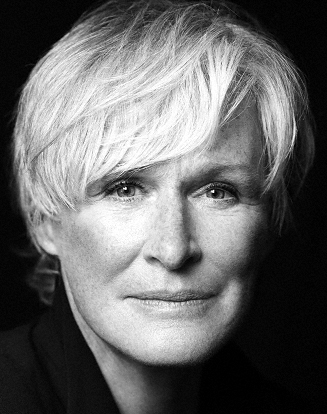
Over the past two decades, there has been an increase in the number of websites and organizations that have substituted the English word to talk about the predominant language spoken in Iran, ‘Persian’, with the Persian word for the same, ‘Farsi’. However, it is also evident that reputable, world-class organizations such S.O.A.S. (University of London) or the BBC have maintained the term Persian as the correct English word when referring to the predominant language of Iran.
To further highlight this significant difference and the importance to shifting back to its correct usage, consider the following:
- It's Spanish in English, but 'español' in Spanish
- It's French in English, but 'français' in French
- It's German in English, but 'deutsch' in German
- It's Italian in English, but 'italiano' in Italian
- It's Persian in English, but 'farsi' in Persian
If we said “Français” when referring to French, “Deutsch” when speaking of German and “Español” to refer to Spanish, then “Farsi” would be correct. But the English language already has a word to refer to the language of Iran and that is and has always been Persian. This is not a political point of view, but a purely linguistic one. Otherwise, we would no longer have a “Persian studies department” at Stanford University, for instance.
Note: Cats are Persian, as are rugs, pistachios, saffron and caviar. So are the language and the culture. For a more elaborate argument on this argument, visit:
 Thursday, May 12, 2022 at 6:57PM |
Thursday, May 12, 2022 at 6:57PM |  Ana
Ana  We are thrilled of the creative linguistic journey with legendary actress Glenn Close in preparation for her role of a British psychiatrist fluent in Persian on the thriller series Tehran, S2 on Apple TV+.
We are thrilled of the creative linguistic journey with legendary actress Glenn Close in preparation for her role of a British psychiatrist fluent in Persian on the thriller series Tehran, S2 on Apple TV+.
